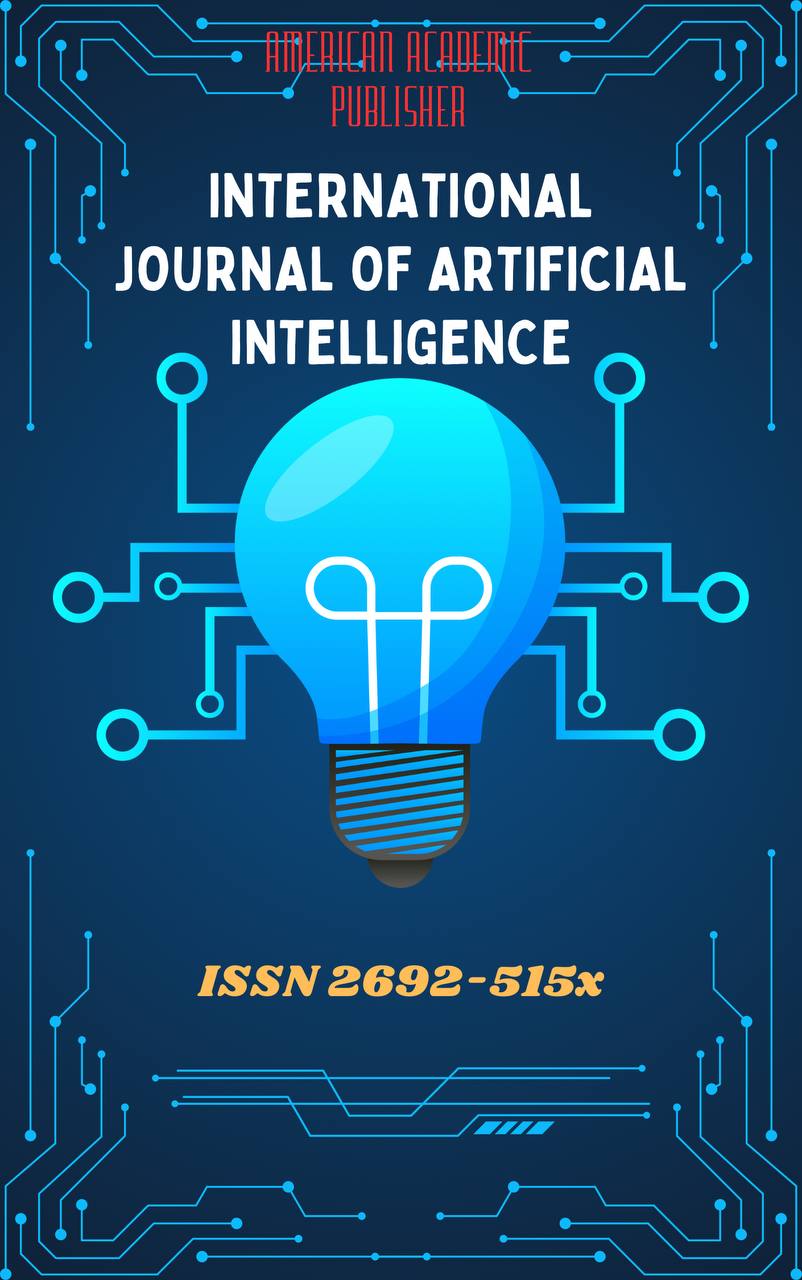 Articles
| Open Access |
Articles
| Open Access | LINGUISTIC FEATURES OF THE NOVEL “O‘TKAN KUNLAR”
Ravzatulloeva Soniya , A third-year undergraduate student at the Faculty of Philology Sharof Rashidov Samarkand State UniversityAbstract
The novel “O‘tkan Kunlar” (Bygone Days) by Abdulla Qodiriy represents a milestone in Uzbek literature, notable for its linguistic richness and cultural depth. Its language reflects a transitional stage between classical Chagatai literary traditions and the emerging modern Uzbek literary language of the early 20th century. Qodiriy masterfully blends archaic poetic expressions with colloquial speech, creating a vivid, accessible narrative style. The novel’s rich vocabulary—drawing from Arabic, Persian, and Turkic-Uzbek elements—conveys both historical authenticity and national identity. Realistic dialogues further enhance character development and provide a window into the sociolinguistic environment of the period. These linguistic features not only elevate the artistic value of the work but also document the evolution of the Uzbek language and literature.
Keywords
O‘tkan Kunlar, Abdulla Qodiriy, Uzbek literature, linguistic features, Chagatai, modern Uzbek language, vocabulary, dialogues, realism, cultural identity
References
Stepanov Y. S. Konstanti: Slovar Russkoy Kulturi. – M.: Akademicheskiy proyekt, 2004.
Arutyunova N.D. Yazik i mir cheloveka. – M.: Yaziki russkoy kulturi, 1998.
Teliya V.N. Russkaya frazeologiya. – M.: Yaziki russkoy kulturi, 1996.
Gumboldt V. fon. Yazik i filosofiya kulturi. — M.: Progress, 1985.
Maslova V.A.Duxovniy kod s pozitsii lingvokulturologii: yedinitsa sakralnogo I svetskogo// Metafizika.M.,2016.-№4.
Article Statistics
Downloads
Copyright License

This work is licensed under a Creative Commons Attribution 4.0 International License.
